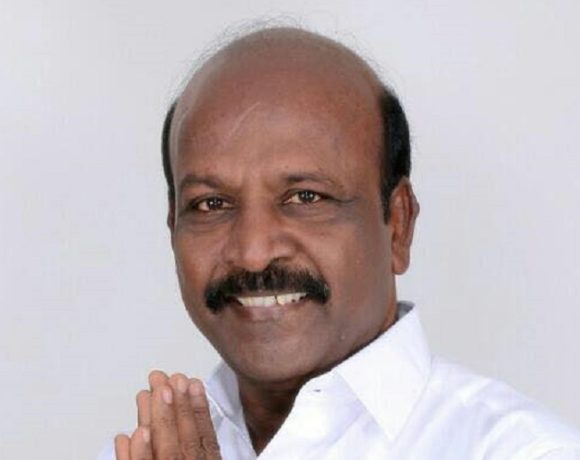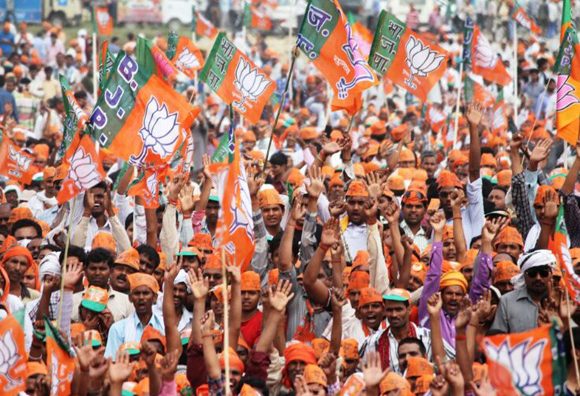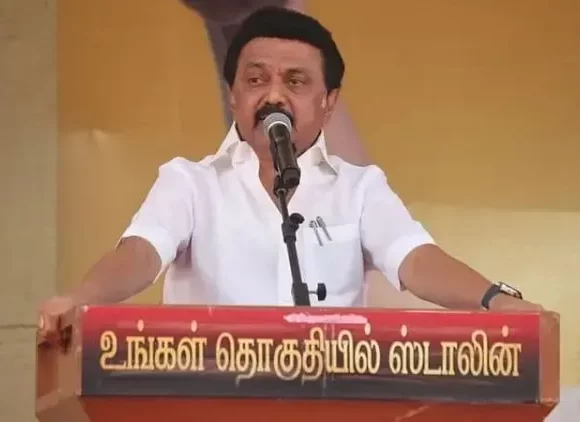
Telangana CM Launches Fine Grain Rice Distribution Scheme
On the occasion of the Ugadi festival, Telangana Chief Minister A. Revanth Reddy launched a new initiative aimed at enhancing food security across the state. The fine grain rice distribution scheme, unveiled in the Huzurnagar constituency, will benefit approximately 3.1 crore people through the Public Distribution System (PDS).
Under this scheme, each eligible beneficiary will receive 6 kilograms of fine grain rice per month. Initially, around 2.84 crore citizens covered under nearly 90 lakh ration cards will begin receiving the new rice variant from April 1. The state government also plans to issue an additional 30 lakh ration cards, expanding the coverage to one crore families.
The scheme involves a significant financial commitment, with a total estimated cost of ₹13,523 crore. The central government will contribute ₹5,480 crore, while the remaining ₹8,033 crore will be borne by the state. The switch to fine grain rice from the earlier raw rice variety will also increase the state’s expenditure by ₹2,800 crore annually.
During the launch, Chief Minister Revanth Reddy emphasized the government’s commitment to eliminating corruption in the public distribution system. He revealed that his administration had uncovered large-scale mismanagement of food grains, with rice worth ₹21,000 crore left rotting in rice mills. He also pointed to a massive scam involving the recycling of PDS rice, where middlemen siphoned off an estimated ₹10,000 crore.
In a sharp criticism of the previous Bharat Rashtra Samithi (BRS) government and former Chief Minister K. Chandrashekar Rao, Revanth Reddy accused them of neglecting farmers and mishandling paddy procurement. He alleged that while farmers struggled to receive even ₹2,000 per quintal, KCR managed to sell paddy from his own farmhouse to private companies at a price of ₹4,500 per quintal.
This latest welfare measure is seen as part of the Congress-led Telangana government’s broader effort to reform the food distribution system, increase transparency, and ensure that subsidies reach those who need them most. The initiative also serves to reinforce the government’s promise of prioritizing farmer welfare and tackling systemic corruption inherited from the previous regime.


















